
SCARS Institute’s Encyclopedia of Scams™ Published Continuously for 25 Years

FTC Says Walmart Allowed Fraud Involving Money Transfers
Scammers want payments that are quick, anonymous, and tough to reverse. In other words, scammers are asking for wire transfers. That’s why money transfer businesses like Walmart need to warn people about fraud risks and train employees to spot scams. And that’s why the FTC is suing Walmart in federal court.
The FTC says Walmart has known for many years that scammers use its locations to get money for a grandparent, romance, and other scams, but it didn’t properly warn people or train its employees to prevent fraud. According to the FTC, many Walmart locations didn’t display or give people information about potential fraud, which could have stopped them from sending money to a scammer. The company didn’t consistently post warning signs, put out fraud awareness brochures, or use the required money transfer “send” forms with front-page fraud warnings.
For years, according to the FTC, Walmart even looked the other way when scammers picked up money at stores. The FTC says that a single Walmart employee could process hundreds of thousands of dollars of customer financial transactions a day. But for many years, the company didn’t confirm that employees who handle money transfers had the correct — or current — training before they started processing transactions. Walmart employees processed tens of millions of dollars in fraud-related wire transfers annually for many years, according to the FTC.
That’s why the FTC is asking the court to order Walmart to return money to people who were scammed, pay civil penalties, and stop violating the Telemarketing Sales Rule and FTC Act.
If this happens the way it did with Western Union and MoneyGram, this could result in major refunds to consumers for money sent to scammers through Walmart!
To Protect Against Wire Transfer Fraud
- Never wire money to anyone who claims to be from a government agency like the IRS, SSA, or Customs and Border Patrol.
- Don’t wire money to a stranger or someone you haven’t met in person, no matter what reason they give.
- Never wire money to someone who tries to sell you something over the phone. It’s illegal for a telemarketer to ask you to pay with a wire transfer.
If you lost money: the way to report this is first with your local police – they are your first responders, then always report all scams to the FTC at https://reportfraud.ftc.gov/#/?orgcode=SCARS and to SCARS at www.Anyscam.com – optionally, you can also report to the FBI at www.IC3.gov or 1-800-CALL-FBI
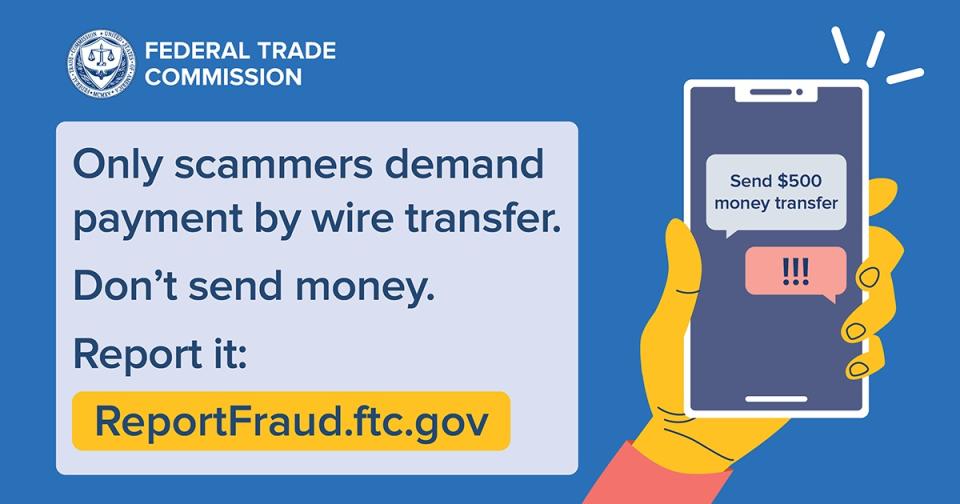
FULL FTC PRESS RELEASE
FTC Sues Walmart for Facilitating Money Transfer Fraud That Fleeced Customers Out of Hundreds of Millions
The Federal Trade Commission today sued Walmart for allowing its money transfer services to be used by fraudsters, who fleeced consumers out of hundreds of millions of dollars. In its lawsuit, the FTC alleges that for years, the company turned a blind eye while scammers took advantage of its failure to properly secure the money transfer services offered at Walmart stores. The company did not properly train its employees, failed to warn customers, and used procedures that allowed fraudsters to cash out at its stores, according to the FTC’s complaint. The FTC is asking the court to order Walmart to return money to consumers and to impose civil penalties for Walmart’s violations.
“While scammers used its money transfer services to make off with cash, Walmart looked the other way and pocketed millions in fees,” said Samuel Levine, Director of the FTC’s Bureau of Consumer Protection. “Consumers have lost hundreds of millions, and the Commission is holding Walmart accountable for letting fraudsters fleece its customers.”
In addition to its retail business, Walmart offers financial services to consumers in its stores, including money transfers, credit cards, reloadable debit cards, check cashing, bill payments and more. Walmart acts as an agent for multiple money transfer services, including MoneyGram, Ria and Western Union, offering some services under its own brand, like “Walmart2Walmart” and “Walmart2World.” According to the complaint, tens of millions of money transfers are sent or received at Walmart stores each year, where they are processed by Walmart employees.
Money transfers are services that people use to send money to a recipient in another location. They are frequently used by fraudsters across a wide variety of scams because they are nearly impossible to retrieve after the money has been picked up. The FTC has brought multiple cases against money transfer services in recent years, including against MoneyGram and Western Union, alleging they failed to protect consumers who used their services.
Walmart’s practice of turning a blind eye to fraud had grave consequences for consumers, according to the complaint. The complaint cites numerous instances in which law enforcement investigations found that scammers relied on Walmart money transfers as a primary way to receive payments, including in telemarketing schemes like IRS impersonation schemes, relative-in-need “grandparent” scams, sweepstakes scams, and others. Based on information from fraud databases maintained by MoneyGram, Western Union, and Ria, from 2013 to 2018 more than $197 million in payments that were the subject of fraud complaints were sent or received at Walmart, with more than $1.3 billion in related payments also possibly connected to the fraud.
The FTC’s investigation of Walmart’s money transfer practices showed, according to the complaint, that Walmart knew about the role money transfer services play in scams and frauds. Despite that, the company’s money transfer services harmed consumers in numerous ways, including:
- Allowing the payout of suspicious transfers: For years, according to the complaint, it was Walmart’s stated policy for its employees to issue payouts even in the case of a suspicious money transfer, making it easy for scammers to retrieve fraud proceeds at a Walmart location. The complaint cites a Walmart reference guide for employees that stated: “If you suspect fraud, complete the transaction.” Walmart did not begin training employees to deny fraudulent payouts until at least May 2017, but even then it provided this training only to employees at a limited number of locations.
- Having no anti-fraud policy or an ineffective, poorly enforced policy: According to the complaint, despite offering money transfer services for many years, Walmart did not have a written anti-fraud or consumer protection program until November 2014. After that time, the complaint cites numerous instances in which Walmart failed to have an effective program or violated its own policies, as well as the policies of its partners, like MoneyGram, that were ostensibly in place to protect consumers from fraud.
- Allowing cash pickups for large payments: The complaint notes that Walmart, unlike most other outlets where money transfers can be received, pays even large payments in cash. In addition, the complaint notes that scammers were often able to retrieve their payments from Walmart by using fake IDs. This made it an attractive option for fraudsters looking to conceal their identities.
- Not providing materials to prevent consumers from sending fraudulent payments: According to the complaint, Walmart failed to display or provide required materials to consumers at many of its locations that could have warned them about potential frauds and stopped them from sending money to scammers. More recently, the company stopped using a paper “send form” that included important information for consumers to help them realize they may be making a bogus payment, replacing it with a printout that contains only small print warnings.
- Failing to effectively train or retrain staff: The complaint alleges that Walmart’s training materials for the tens of thousands of employees who worked with money transfers was often contradictory or unclear. In many cases, employees who were authorized to handle money transfers as “backups” received no anti-fraud training at all or only limited training related to transfers. The complaint notes that in some instances Walmart staff were complacent or complicit in scams, accepting cash tips from scammers in exchange for processing fraudulent payments or being directly involved in the scams themselves.
- Allowing money transfers to be used for telemarketing purchases: The FTC’s Telemarketing Sales Rule has since 2016 prohibited money transfers from being used to pay for telemarketing purchases because of the high risk of fraud. But the complaint alleges that, for years, Walmart failed to take steps to comply with that provision.
The Commission vote to file the civil penalty complaint was 3-2, with Commissioners Noah Joshua Phillips and Christine S. Wilson dissenting. The FTC filed the complaint in the U.S. District Court for the Northern District of Illinois.
-/ 30 /-
What do you think about this?
Please share your thoughts in a comment below!
Table of Contents
LEAVE A COMMENT?
Recent Comments
On Other Articles
- Arwyn Lautenschlager on Love Bombing And How Romance Scam Victims Are Forced To Feel: “I was love bombed to the point that I would do just about anything for the scammer(s). I was told…” Feb 11, 14:24
- on Dani Daniels (Kira Lee Orsag): Another Scammer’s Favorite: “You provide a valuable service! I wish more people knew about it!” Feb 10, 15:05
- on Danielle Delaunay/Danielle Genevieve – Stolen Identity/Stolen Photos – Impersonation Victim UPDATED 2024: “We highly recommend that you simply turn away form the scam and scammers, and focus on the development of a…” Feb 4, 19:47
- on The Art Of Deception: The Fundamental Principals Of Successful Deceptions – 2024: “I experienced many of the deceptive tactics that romance scammers use. I was told various stories of hardship and why…” Feb 4, 15:27
- on Danielle Delaunay/Danielle Genevieve – Stolen Identity/Stolen Photos – Impersonation Victim UPDATED 2024: “Yes, I’m in that exact situation also. “Danielle” has seriously scammed me for 3 years now. “She” (he) doesn’t know…” Feb 4, 14:58
- on An Essay on Justice and Money Recovery – 2026: “you are so right I accidentally clicked on online justice I signed an agreement for 12k upfront but cd only…” Feb 3, 08:16
- on The SCARS Institute Top 50 Celebrity Impersonation Scams – 2025: “Quora has had visits from scammers pretending to be Keanu Reeves and Paul McCartney in 2025 and 2026.” Jan 27, 17:45
- on Scam Victims Should Limit Their Exposure To Scam News & Scammer Photos: “I used to look at scammers photos all the time; however, I don’t feel the need to do it anymore.…” Jan 26, 23:19
- on After A Scam, No One Can Tell You How You Will React: “This article was very informative, my scams happened 5 years ago; however, l do remember several of those emotions and/or…” Jan 23, 17:17
- on Situational Awareness and How Trauma Makes Scam Victims Less Safe – 2024: “I need to be more observant and I am practicing situational awareness. I’m saving this article to remind me of…” Jan 21, 22:55
ARTICLE META
Important Information for New Scam Victims
- Please visit www.ScamVictimsSupport.org – a SCARS Website for New Scam Victims & Sextortion Victims
- Enroll in FREE SCARS Scam Survivor’s School now at www.SCARSeducation.org
- Please visit www.ScamPsychology.org – to more fully understand the psychological concepts involved in scams and scam victim recovery
If you are looking for local trauma counselors please visit counseling.AgainstScams.org or join SCARS for our counseling/therapy benefit: membership.AgainstScams.org
If you need to speak with someone now, you can dial 988 or find phone numbers for crisis hotlines all around the world here: www.opencounseling.com/suicide-hotlines
A Note About Labeling!
We often use the term ‘scam victim’ in our articles, but this is a convenience to help those searching for information in search engines like Google. It is just a convenience and has no deeper meaning. If you have come through such an experience, YOU are a Survivor! It was not your fault. You are not alone! Axios!
A Question of Trust
At the SCARS Institute, we invite you to do your own research on the topics we speak about and publish, Our team investigates the subject being discussed, especially when it comes to understanding the scam victims-survivors experience. You can do Google searches but in many cases, you will have to wade through scientific papers and studies. However, remember that biases and perspectives matter and influence the outcome. Regardless, we encourage you to explore these topics as thoroughly as you can for your own awareness.
Statement About Victim Blaming
SCARS Institute articles examine different aspects of the scam victim experience, as well as those who may have been secondary victims. This work focuses on understanding victimization through the science of victimology, including common psychological and behavioral responses. The purpose is to help victims and survivors understand why these crimes occurred, reduce shame and self-blame, strengthen recovery programs and victim opportunities, and lower the risk of future victimization.
At times, these discussions may sound uncomfortable, overwhelming, or may be mistaken for blame. They are not. Scam victims are never blamed. Our goal is to explain the mechanisms of deception and the human responses that scammers exploit, and the processes that occur after the scam ends, so victims can better understand what happened to them and why it felt convincing at the time, and what the path looks like going forward.
Articles that address the psychology, neurology, physiology, and other characteristics of scams and the victim experience recognize that all people share cognitive and emotional traits that can be manipulated under the right conditions. These characteristics are not flaws. They are normal human functions that criminals deliberately exploit. Victims typically have little awareness of these mechanisms while a scam is unfolding and a very limited ability to control them. Awareness often comes only after the harm has occurred.
By explaining these processes, these articles help victims make sense of their experiences, understand common post-scam reactions, and identify ways to protect themselves moving forward. This knowledge supports recovery by replacing confusion and self-blame with clarity, context, and self-compassion.
Additional educational material on these topics is available at ScamPsychology.org – ScamsNOW.com and other SCARS Institute websites.
Psychology Disclaimer:
All articles about psychology and the human brain on this website are for information & education only
The information provided in this article is intended for educational and self-help purposes only and should not be construed as a substitute for professional therapy or counseling.
While any self-help techniques outlined herein may be beneficial for scam victims seeking to recover from their experience and move towards recovery, it is important to consult with a qualified mental health professional before initiating any course of action. Each individual’s experience and needs are unique, and what works for one person may not be suitable for another.
Additionally, any approach may not be appropriate for individuals with certain pre-existing mental health conditions or trauma histories. It is advisable to seek guidance from a licensed therapist or counselor who can provide personalized support, guidance, and treatment tailored to your specific needs.
If you are experiencing significant distress or emotional difficulties related to a scam or other traumatic event, please consult your doctor or mental health provider for appropriate care and support.
Also read our SCARS Institute Statement about Professional Care for Scam Victims – click here to go to our ScamsNOW.com website.


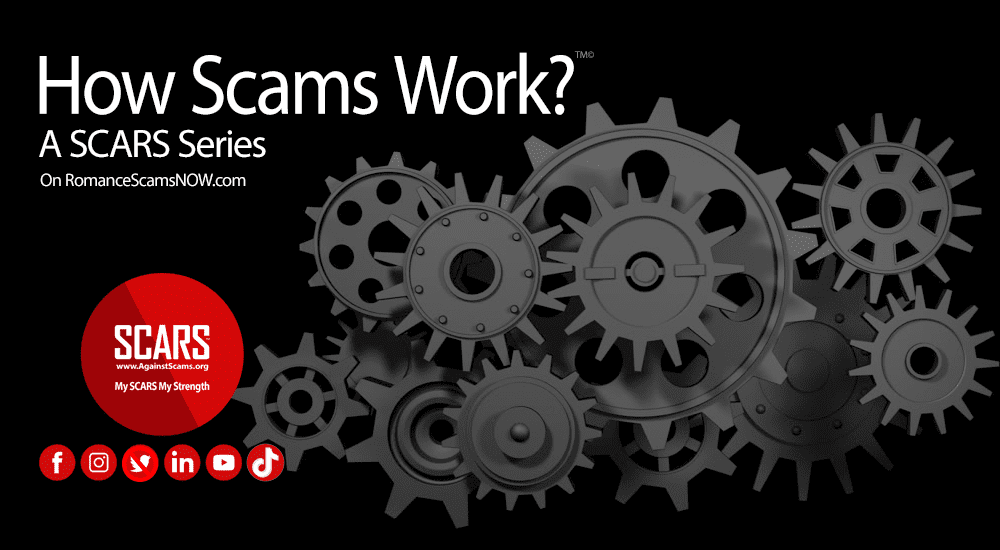
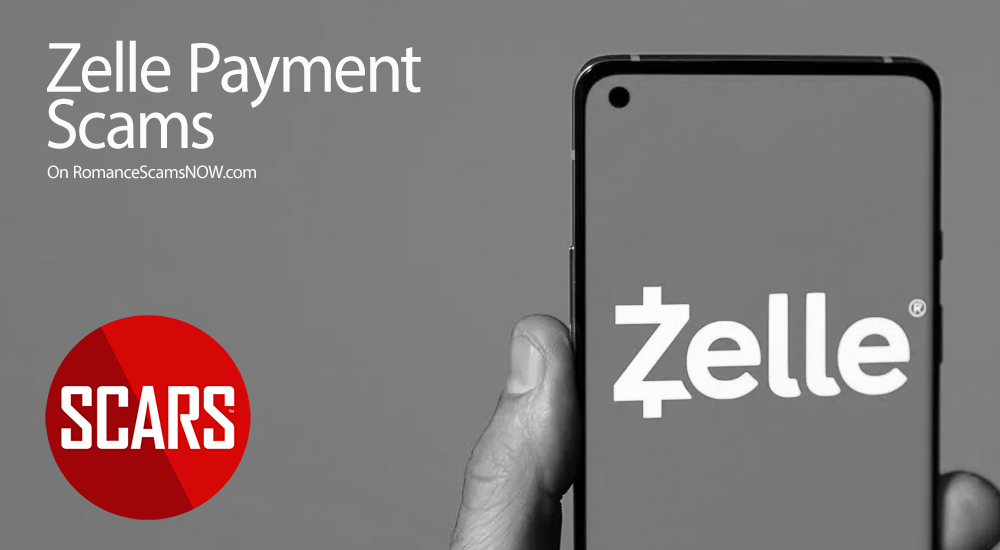


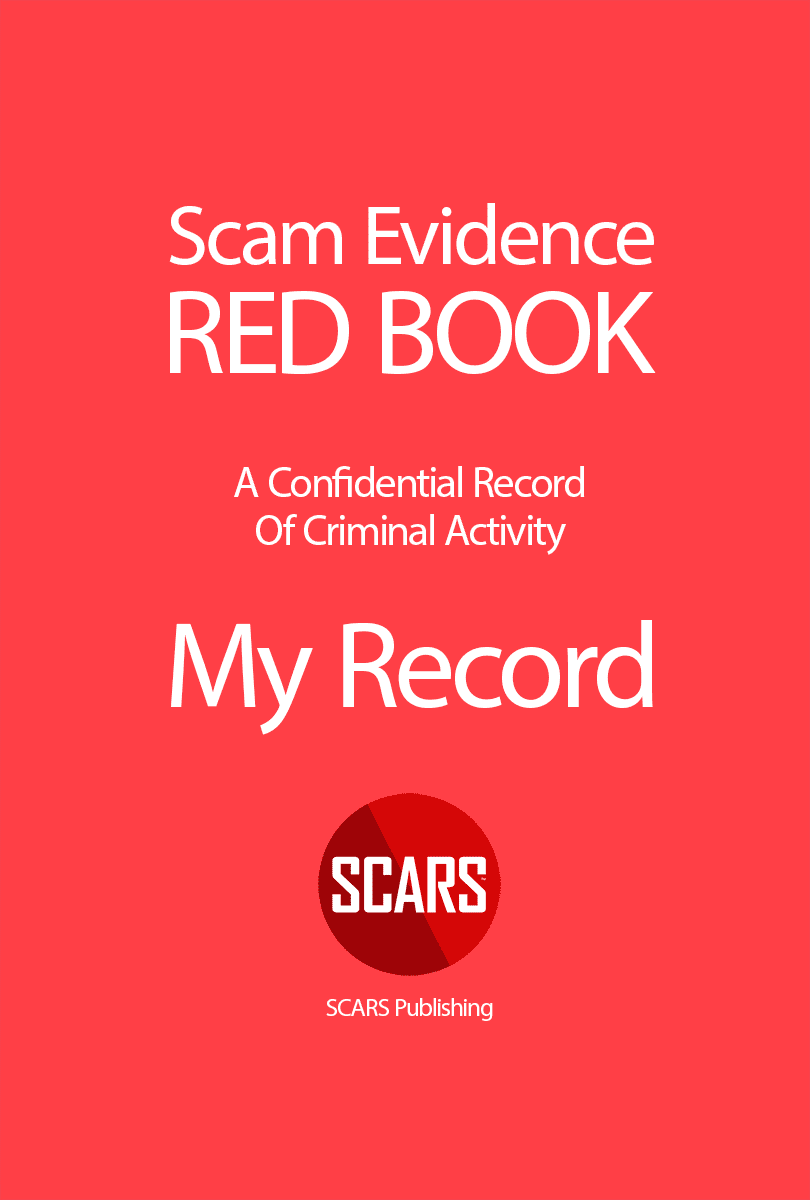
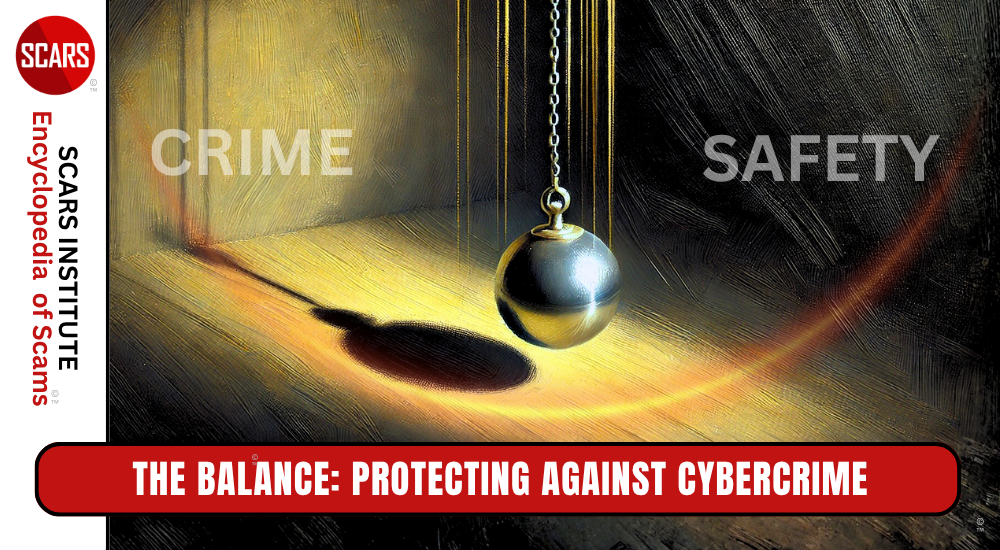
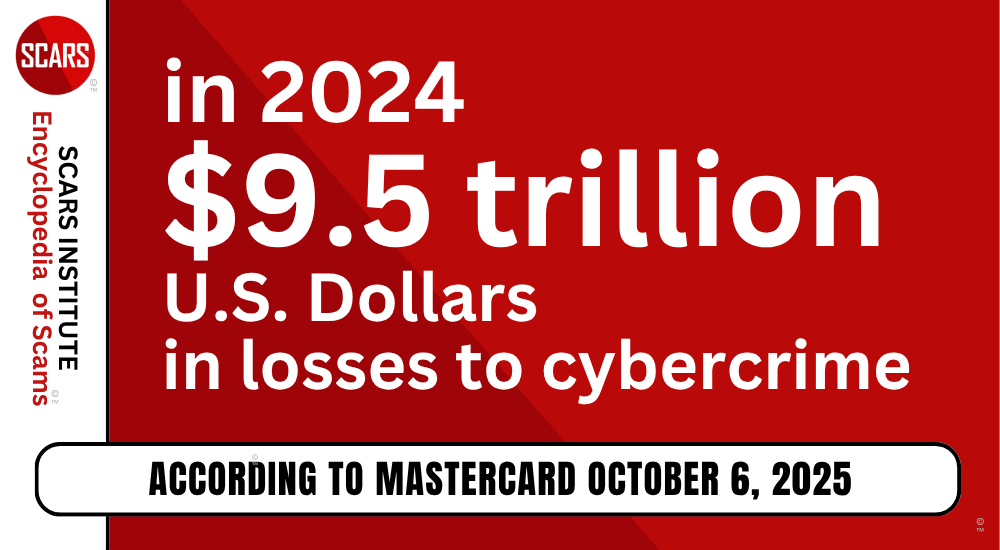
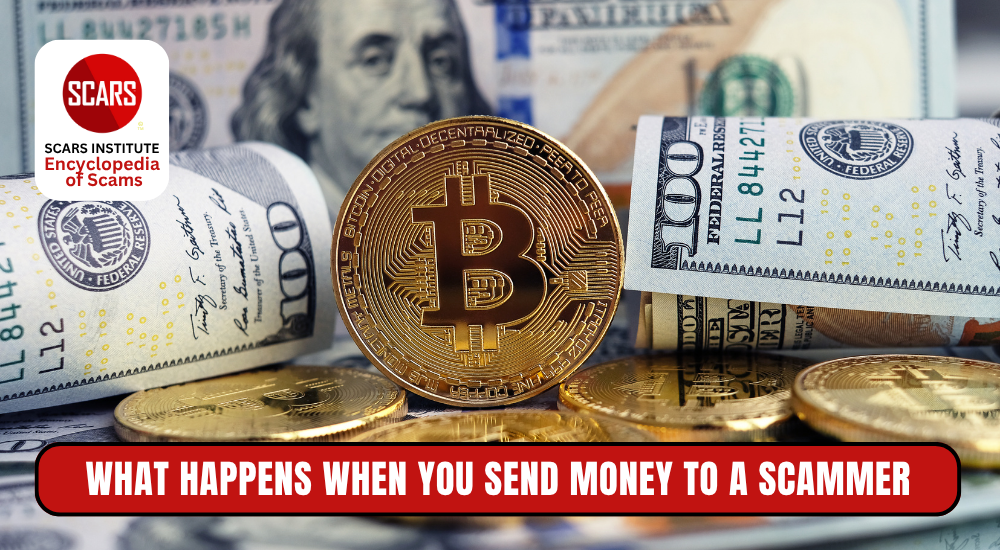

![United States Military ID Cards - How To Spot Fakes - [UPDATED 2025] fake military id cards United States Military ID Cards - How To Spot Fakes - [UPDATED 2025] - on the SCARS Institute RomanceScamsNOW.com - the Encyclopedia of Scams™](https://romancescamsnow.com/wp-content/uploads/2022/03/fake-military-id-cards.png)





Thank you for your comment. You may receive an email to follow up. We never share your data with marketers.